Advertisement
Using AI to write faster, organize ideas, or brainstorm content isn't futuristic anymore—it's become a daily reality for many. Two names often come up in this space: Notion AI and ChatGPT. They both claim to simplify writing and thinking with artificial intelligence, but they don't serve the same purpose. Notion AI is baked into a productivity platform.
ChatGPT is a standalone chatbot. Both are capable. Both are helpful. But they are not interchangeable. If you're trying to figure out which one will actually save you time or help you think better, it's worth looking at what each of them does right and where they fall short.
Notion AI lives inside the Notion workspace. It’s integrated with pages, databases, and notes. You can trigger it while you’re writing or editing, and it’ll generate summaries, rewrite your text, extract key points, or suggest to-do lists. It doesn’t try to do everything under the sun. It focuses on helping you write faster, clean up messy notes, and extract structured insights from unstructured thoughts. If you already use Notion for project planning or personal knowledge management, Notion AI feels like a natural extension.
ChatGPT, in contrast, isn’t tied to any workspace. It’s an independent AI chatbot created by OpenAI. You can ask it anything—from writing a poem to helping you code a website or draft an email from scratch. It’s much more conversational and open-ended. Where Notion AI is embedded in context, ChatGPT builds context as you talk to it. It’s more flexible, but that also means it might not always understand where you are in your writing or what the document is meant to become, unless you spell it out.
In short, Notion AI is better at small, context-specific tasks inside your workspace. ChatGPT is more like a generalist writing partner with broader capabilities but less built-in structure.
Both tools come with limitations tied to their pricing models. Notion AI is an add-on feature for Notion users, and it costs extra than the standard workspace subscription. You only get access if you pay for the AI add-on. That means your team or workspace needs to be on a paid plan already.
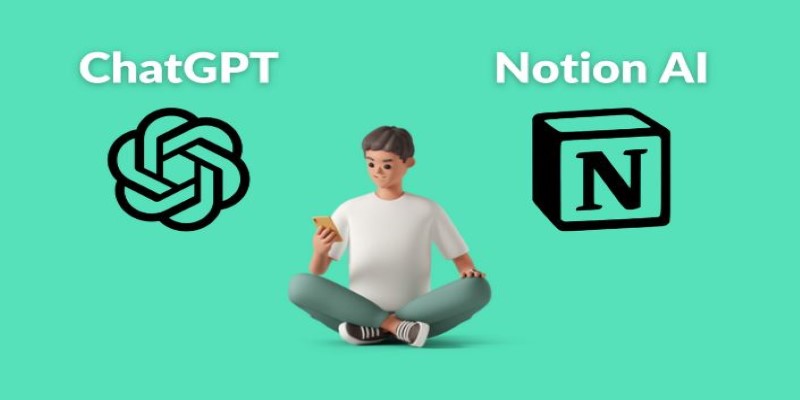
ChatGPT comes in two versions: a free tier using GPT-3.5 and a paid plan (ChatGPT Plus) that gives access to GPT-4, which is more advanced. The Plus plan is a flat monthly fee, and you don’t need to use any other platform to access it.
Notion AI’s value grows if you’re already living inside Notion’s ecosystem. But if you're just looking for an AI assistant with broader capabilities and more creative potential, ChatGPT offers a better deal per dollar.
When it comes to actual use, the difference between the two becomes clear based on what you're trying to do.
If your goal is to summarize long meeting notes, turn bullet points into paragraphs, or polish up rough draft writing—all inside one document—Notion AI fits right in. It’s fast, quiet, and gets the job done without needing a separate window or app. It also respects the structure of your notes and doesn’t go off-topic unless you push it.
ChatGPT, on the other hand, shines when the work is undefined. If you need to brainstorm content ideas, get writing prompts, reframe a paragraph with a different tone, or debug some messy JavaScript, it performs well because it can understand more open-ended prompts. It’s especially strong when you’re still figuring things out or want to explore many directions before committing to one. It’s not limited by your workspace, which means you can push your request in many directions—creative, technical, casual, or formal.
Notion AI doesn’t match that breadth. You can’t ask it for a meal plan or have it write a fictional story. But ChatGPT also doesn’t live inside your notes or workspace. You need to copy and paste between windows or integrate it with another platform to make it work with your regular flow.
So, if you're trying to finish a blog draft you’ve already outlined, Notion AI might be quicker. If you haven't even decided what to write yet, ChatGPT will give you more options to explore.
Notion AI works like a background assistant. It doesn’t really remember your preferences across documents or try to carry on past context. Its responses are tuned for the immediate task. This makes it feel focused, but also a bit robotic. It doesn’t grow with you or adapt much over time.
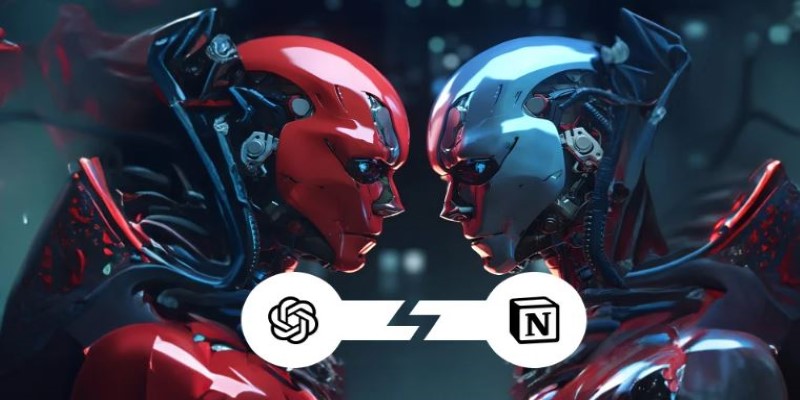
ChatGPT is designed to feel more interactive. In longer chats, it can remember earlier questions, reuse phrasing styles, and keep a consistent tone, at least during the same session. In its Pro version (using GPT-4), you can even enable memory so it gradually learns more about your preferences, writing tone, and typical requests. This makes it more of a partner than a tool, especially for long-term work like drafting newsletters, scripts, or code snippets.
Another important difference is the speed and stability. Notion AI tends to be quicker for short tasks, but sometimes lags during busy hours. ChatGPT can generate more detailed replies, but it can also over-explain or require you to trim down responses manually.
In terms of user control, ChatGPT gives more room for iteration. You can refine your prompts or ask it to “try again with simpler language.” Notion AI doesn’t offer as much back-and-forth flexibility. It runs the task, and that’s it.
If you’re already using Notion, its AI is a natural fit for quick edits, summaries, and writing inside your workflow. For everything else—creative writing, planning, problem-solving—ChatGPT offers more freedom and flexibility. It really comes down to whether you need structured support in a workspace or a more open-ended writing partner.
Advertisement
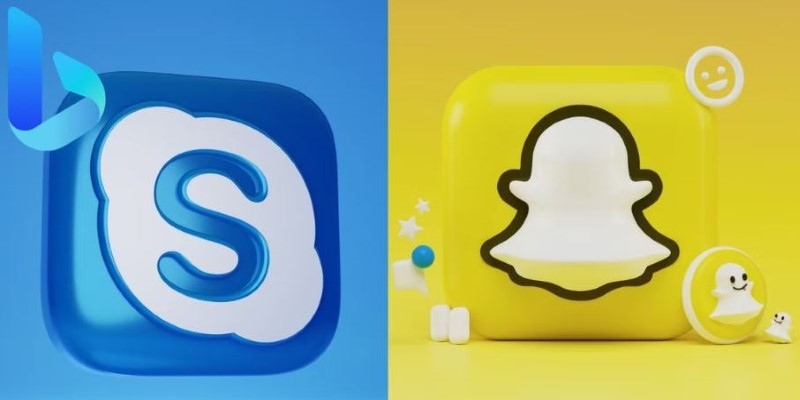
Curious about how Snapchat My AI vs. Bing Chat AI on Skype compares? This detailed breakdown shows 8 differences, from tone and features to privacy and real-time results
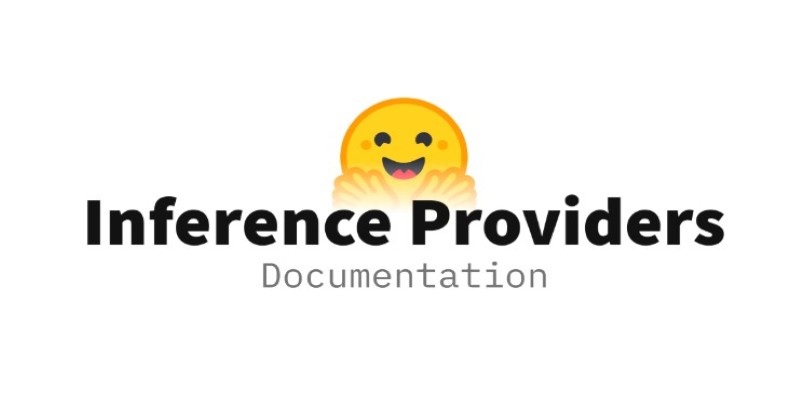
How inference providers on the Hub make AI deployment easier, faster, and more scalable. Discover services built to simplify model inference and boost performance
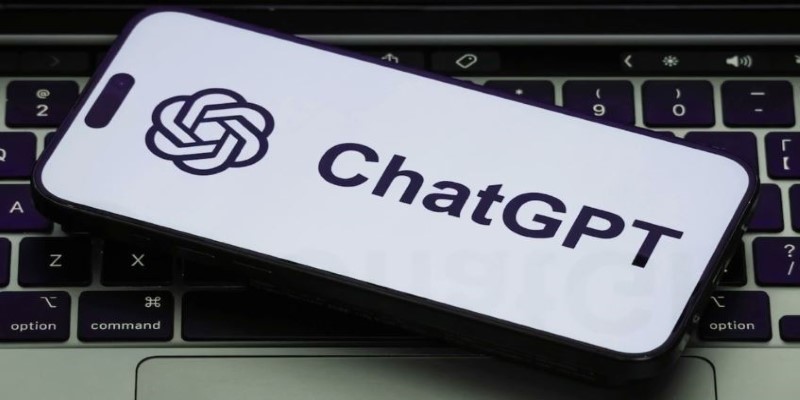
How to enable ChatGPT's new beta web browsing and plugins features using the ChatGPT beta settings. This guide walks you through each step to unlock real-time web search and plugin tools
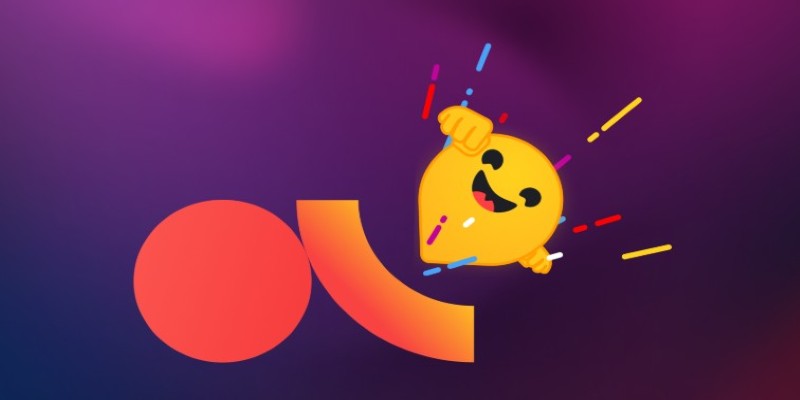
Argilla 2.4 transforms how datasets are built for fine-tuning and evaluation by offering a no-code interface fully integrated with the Hugging Face Hub
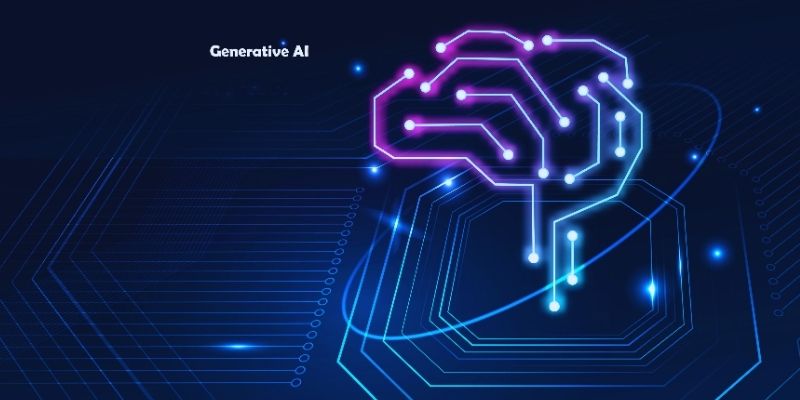
Discover four simple ways generative AI boosts analyst productivity by automating tasks, insights, reporting, and forecasting
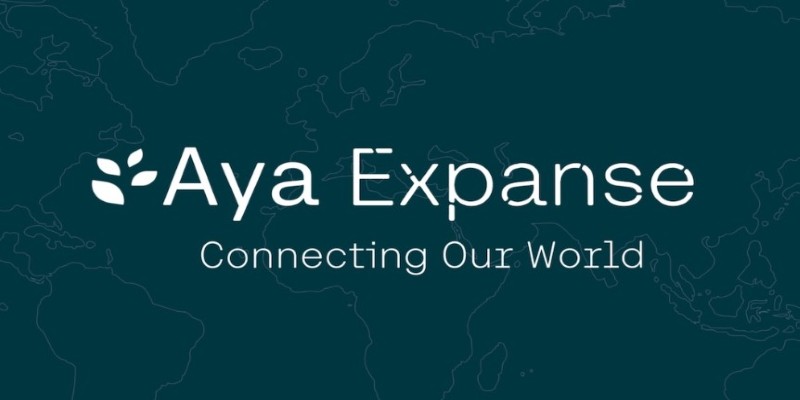
Can AI finally speak your language fluently? Aya Expanse is reshaping how multilingual access is built into modern language models—without English at the center

How to write effective ChatGPT prompts that produce accurate, useful, and smarter AI responses. This guide covers five clear ways to improve your results with practical examples and strategies
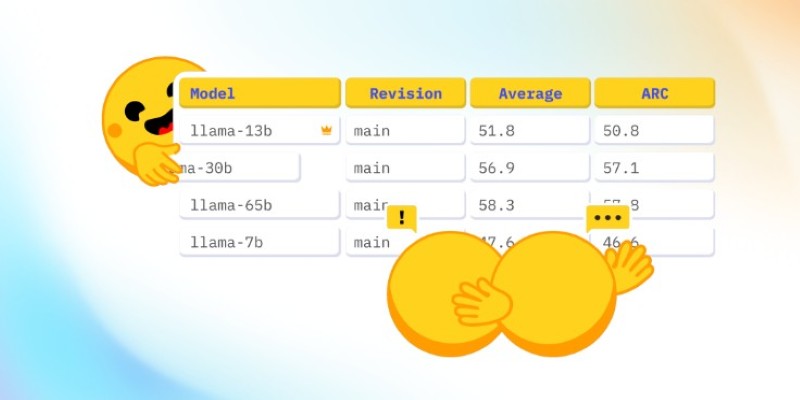
How CO₂ emissions and models performance intersect through data from the Open LLM Leaderboard. Learn how efficiency and sustainability influence modern AI development
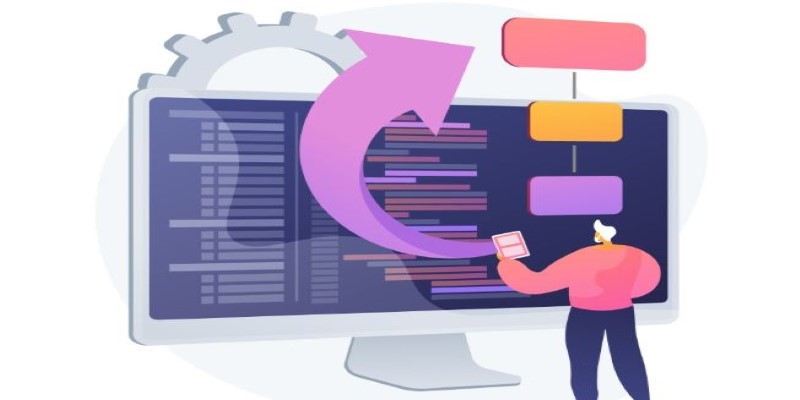
Discover practical methods to sort a string in Python. Learn how to apply built-in tools, custom logic, and advanced sorting techniques for effective string manipulation in Python
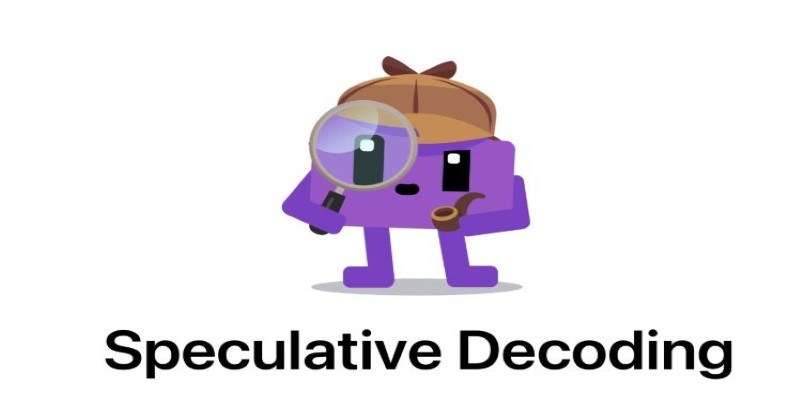
How self-speculative decoding improves faster text generation by reducing latency and computational cost in language models without sacrificing accuracy

Discover 8 legitimate ways to make money using ChatGPT, from freelance writing to email marketing campaigns. Learn how to leverage AI to boost your income with these practical side gigs
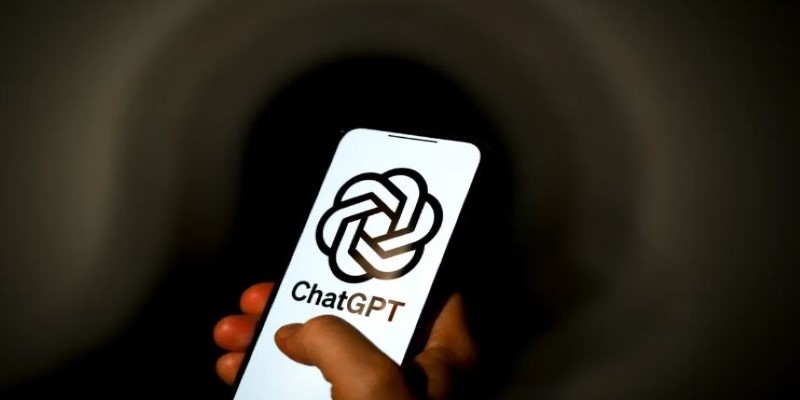
From the legal power of emojis to the growing threat of cyberattacks like the Activision hack, and the job impact of ChatGPT AI, this article breaks down how digital change is reshaping real-world consequences